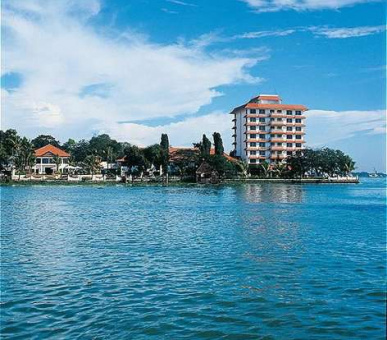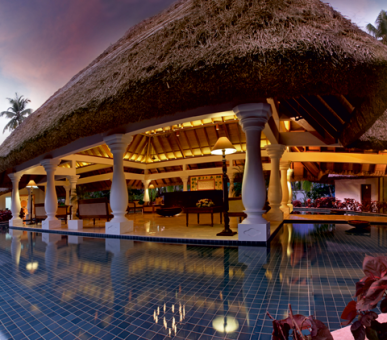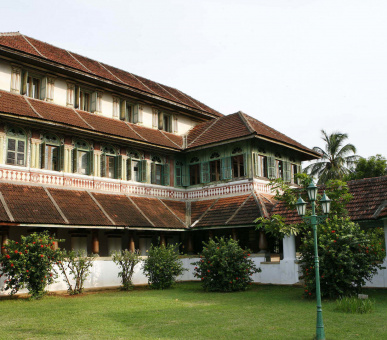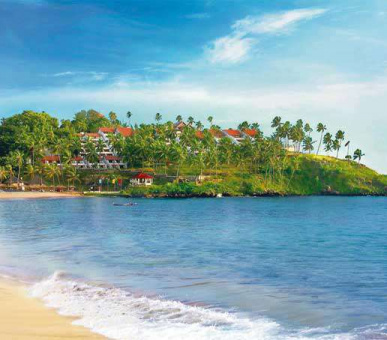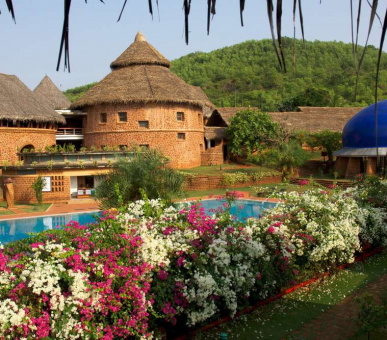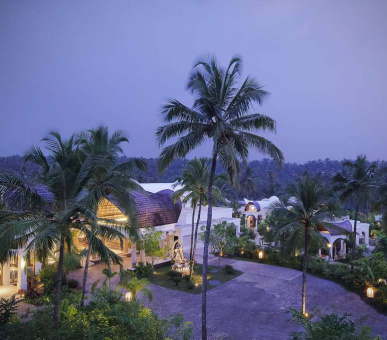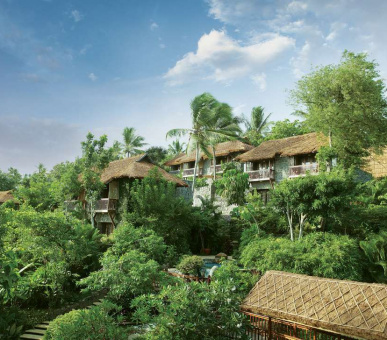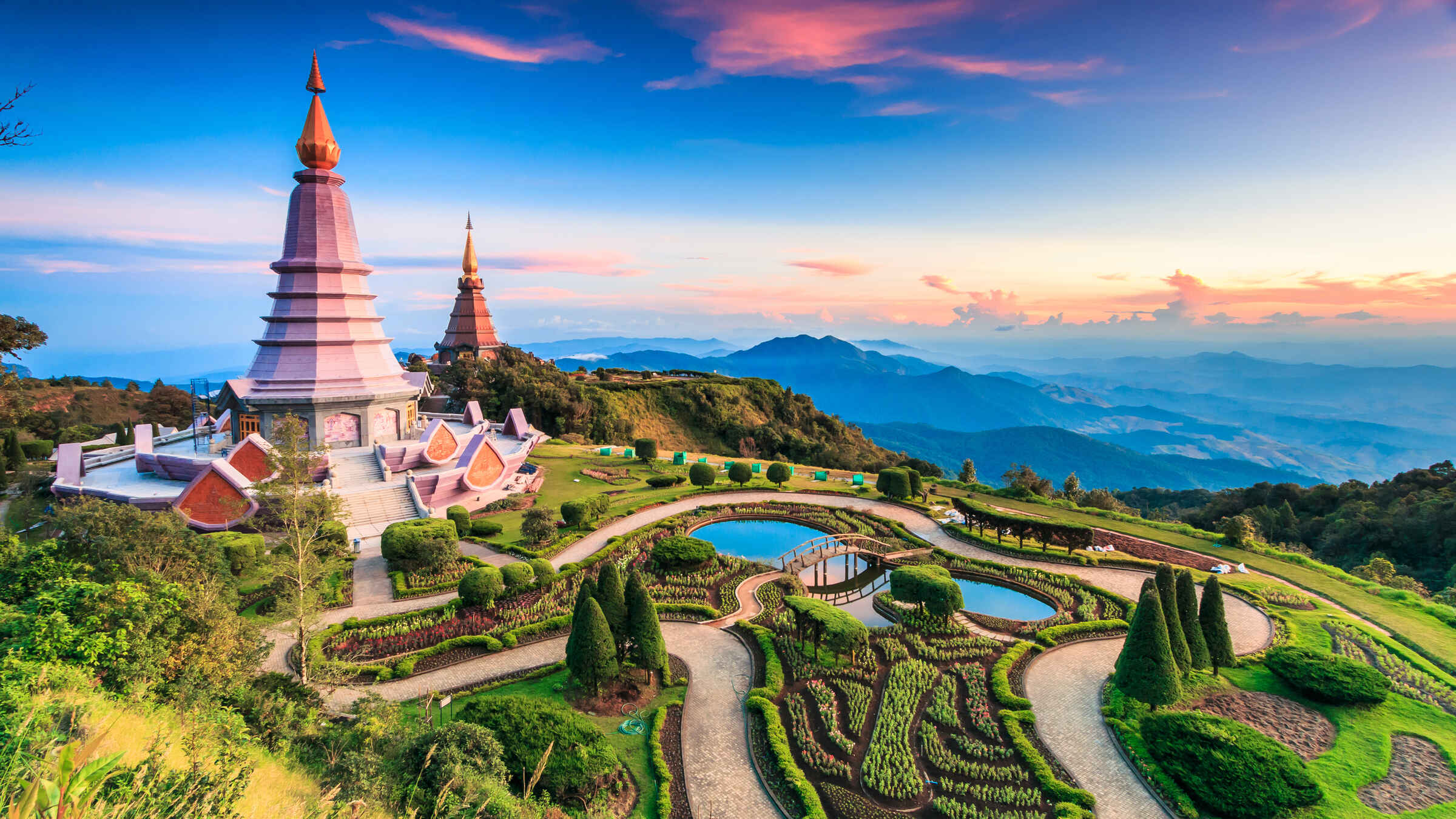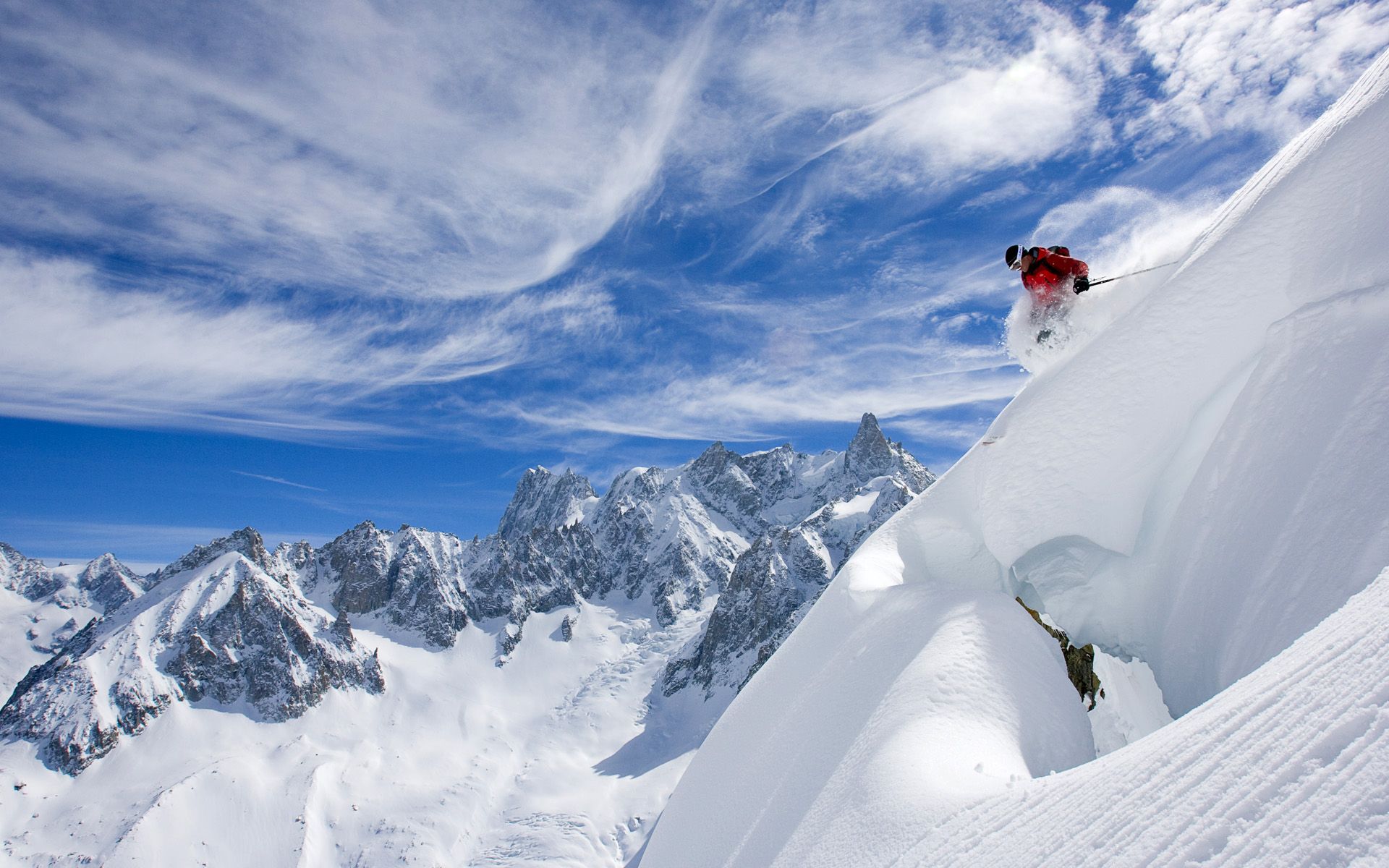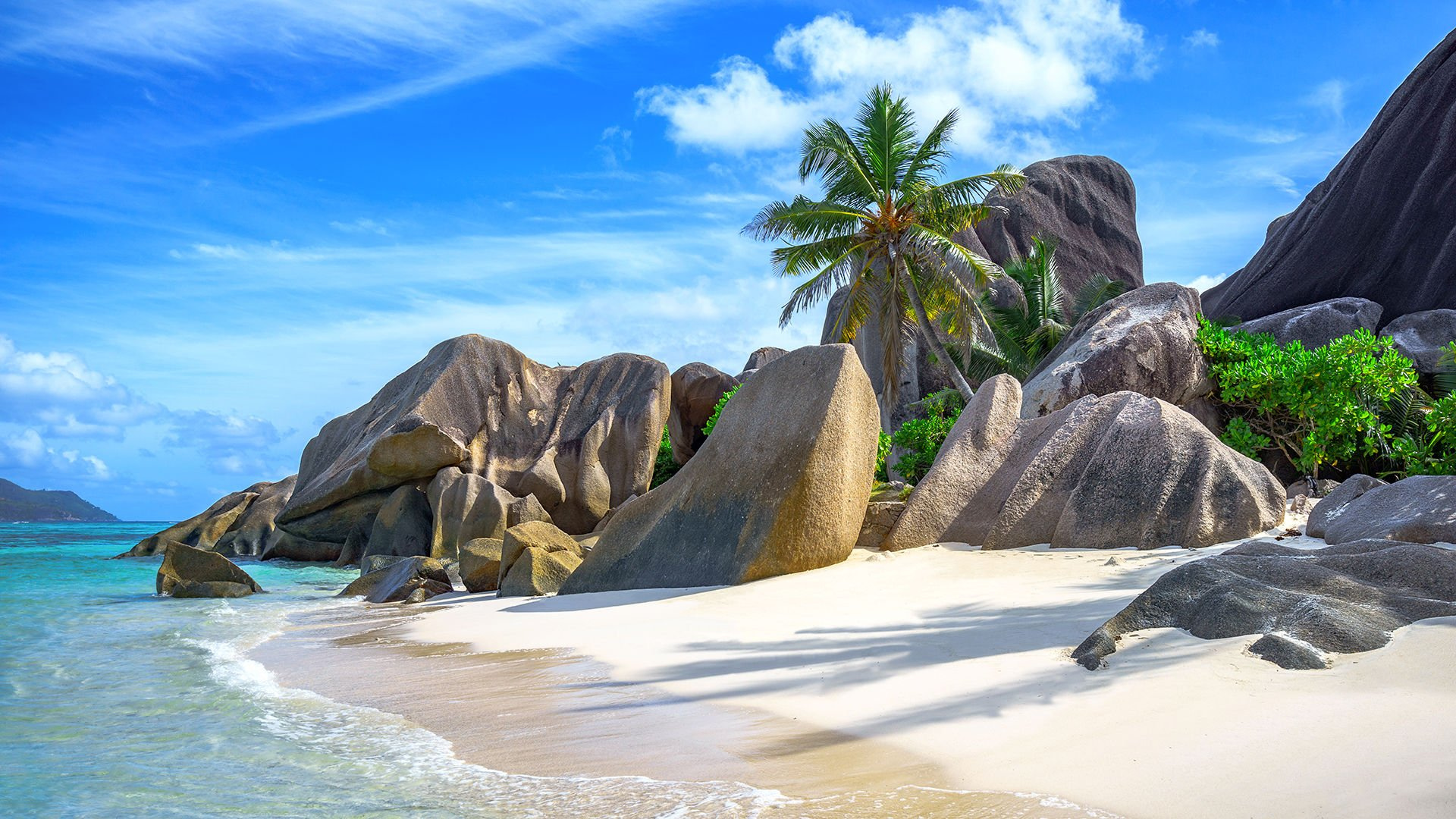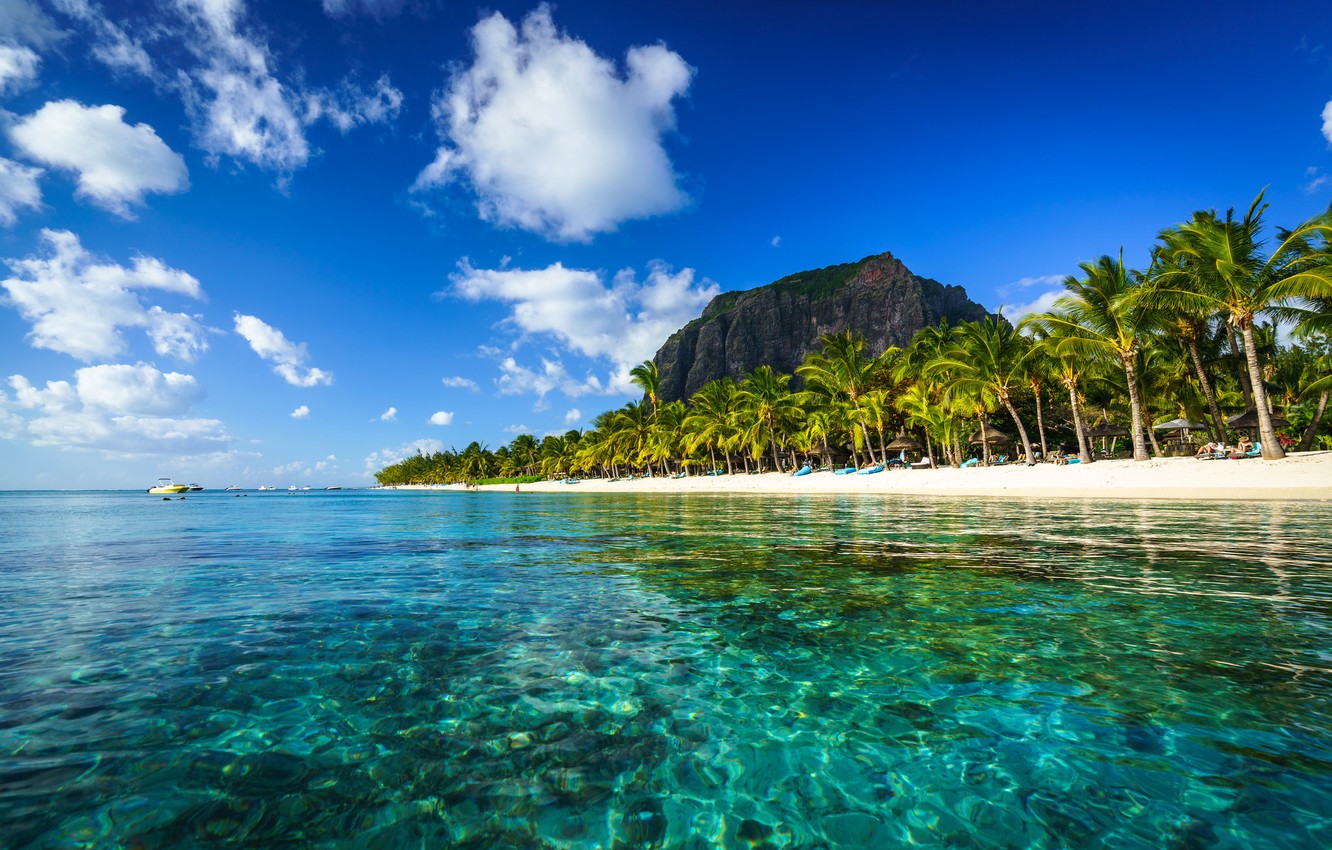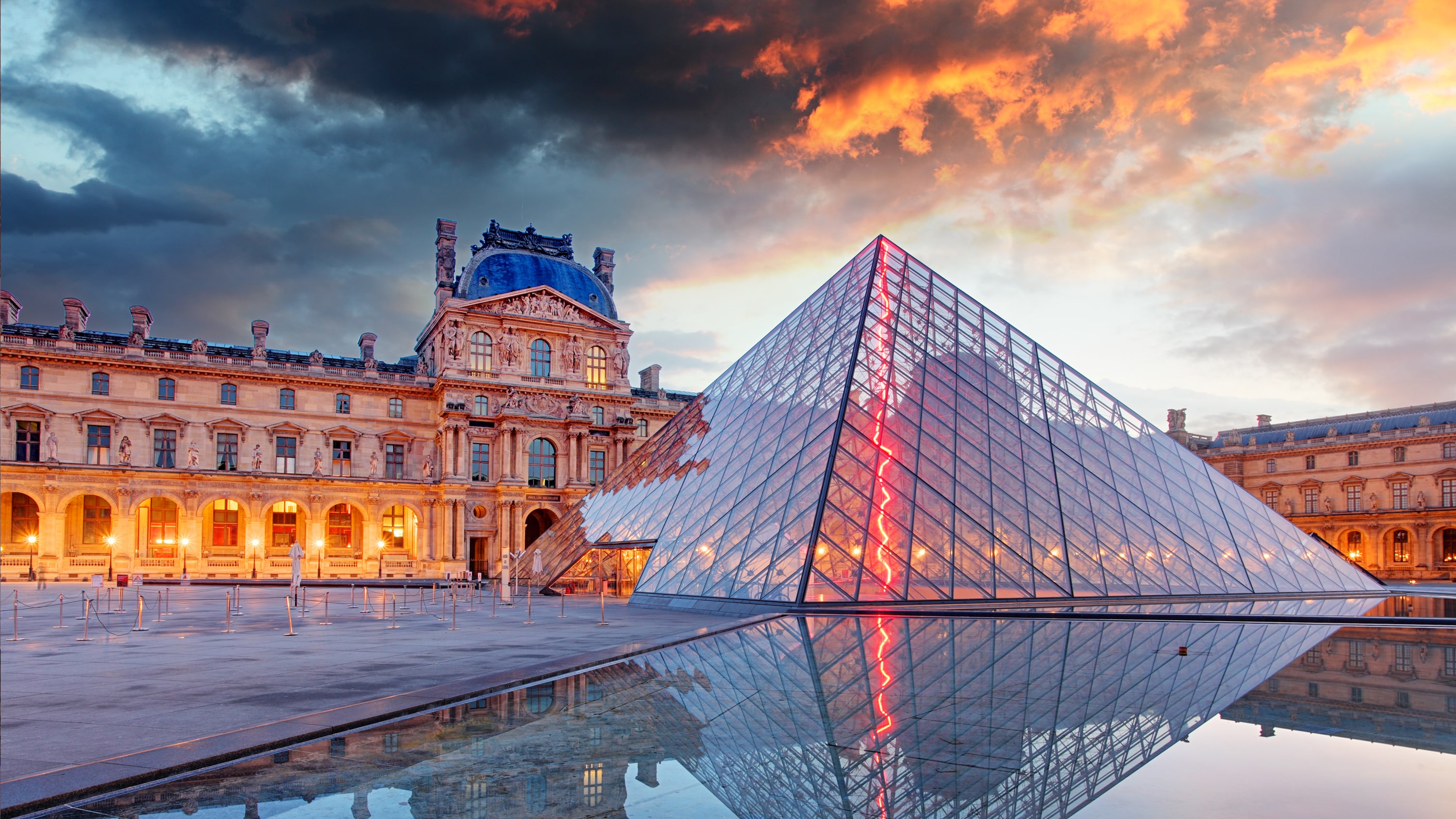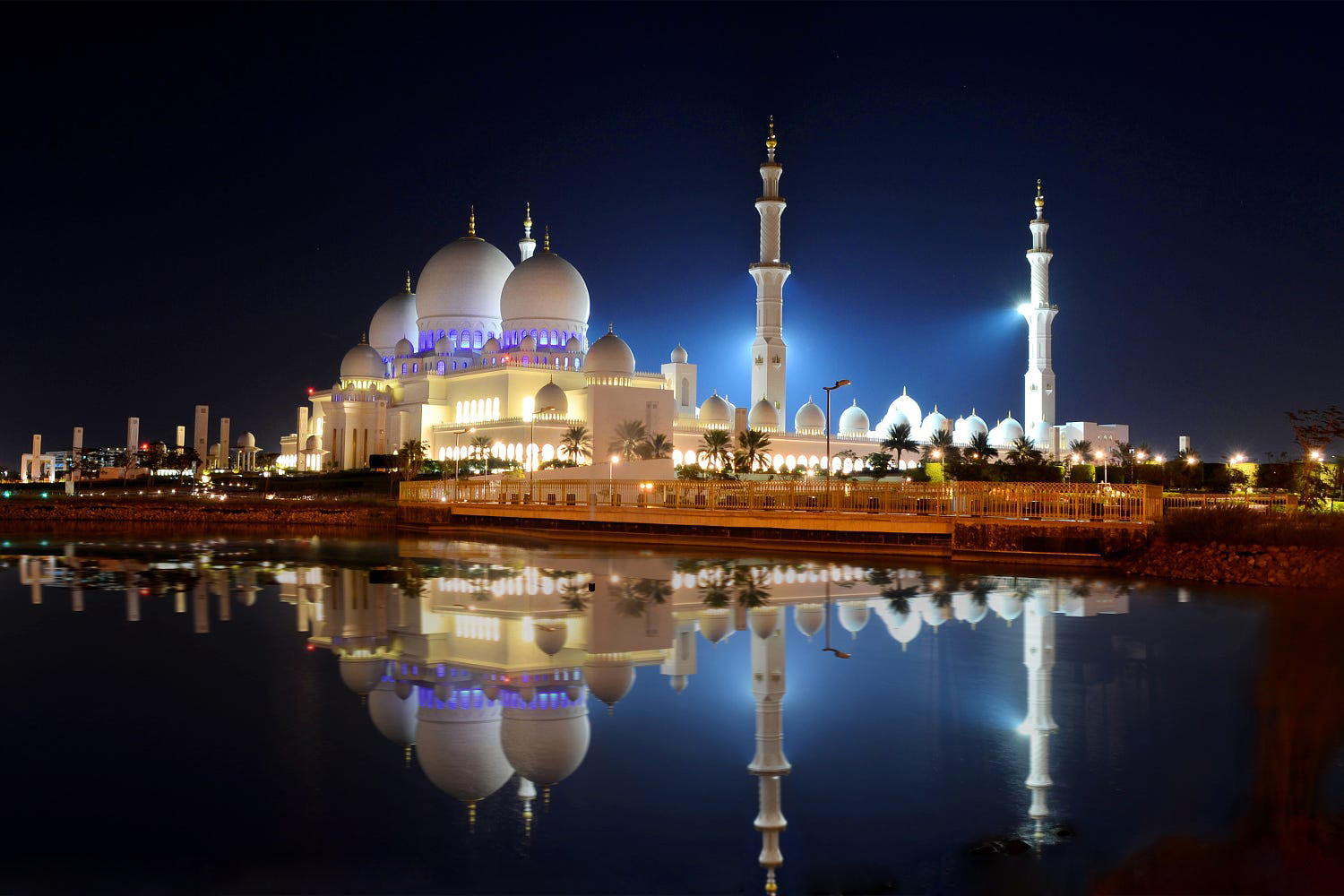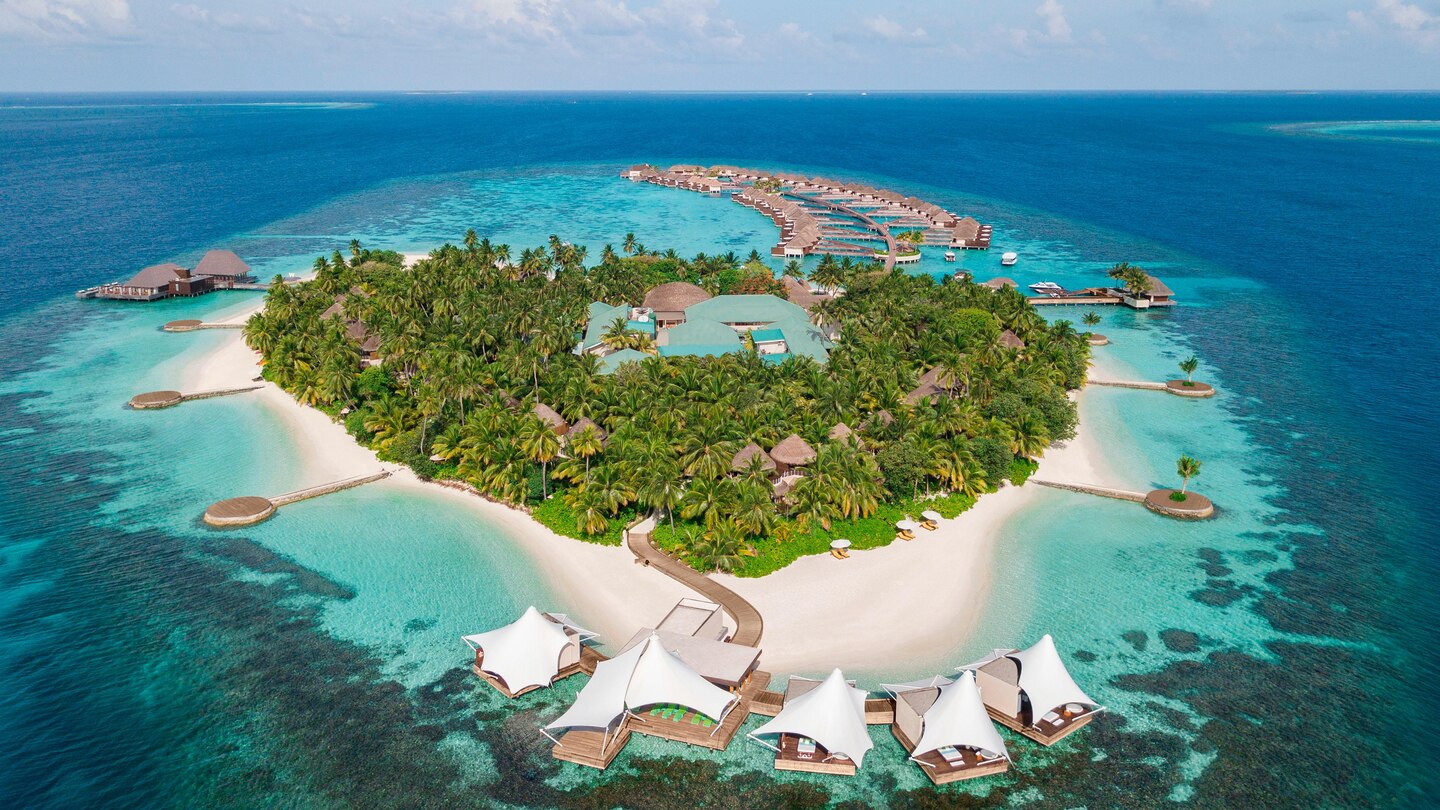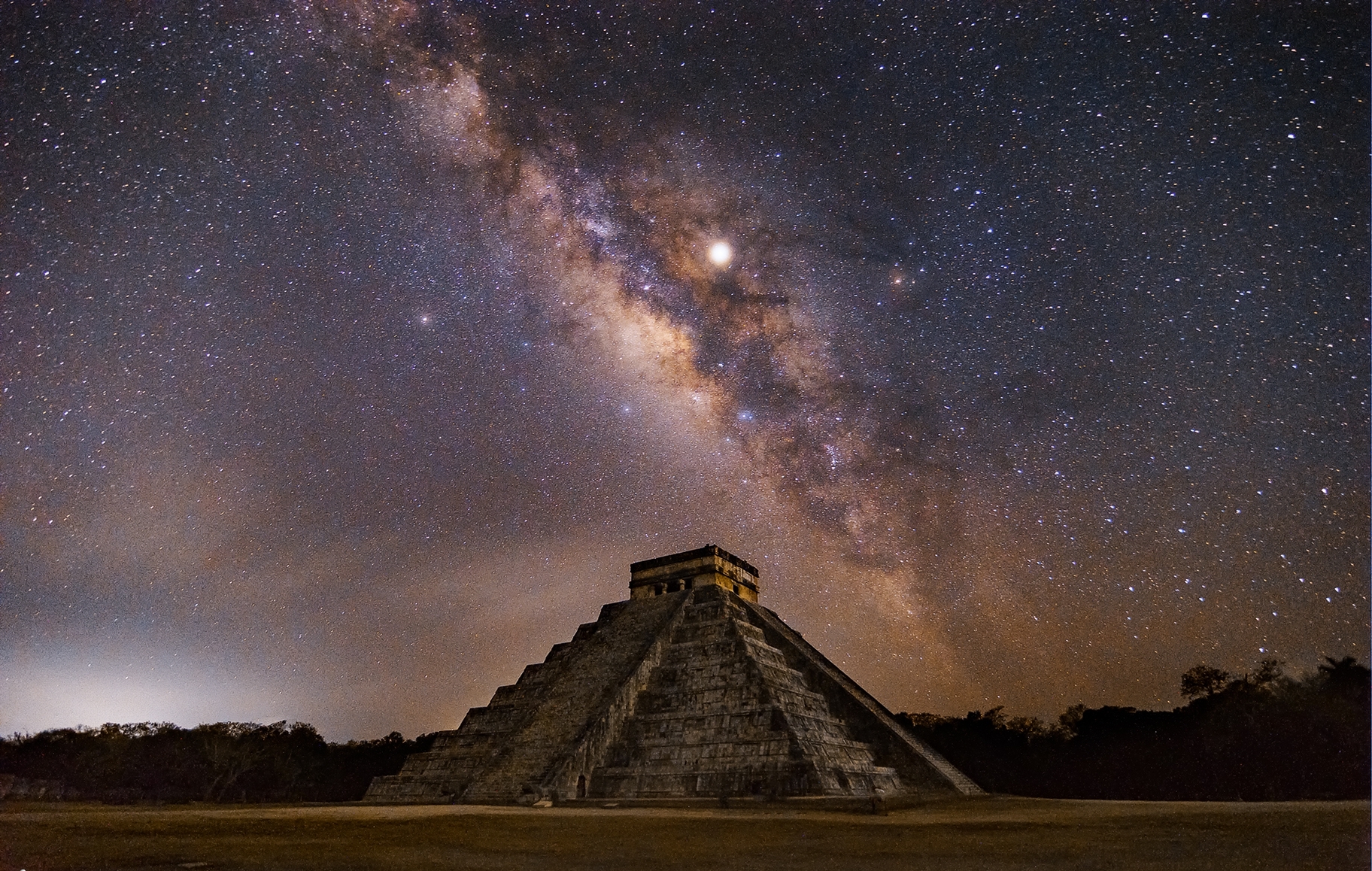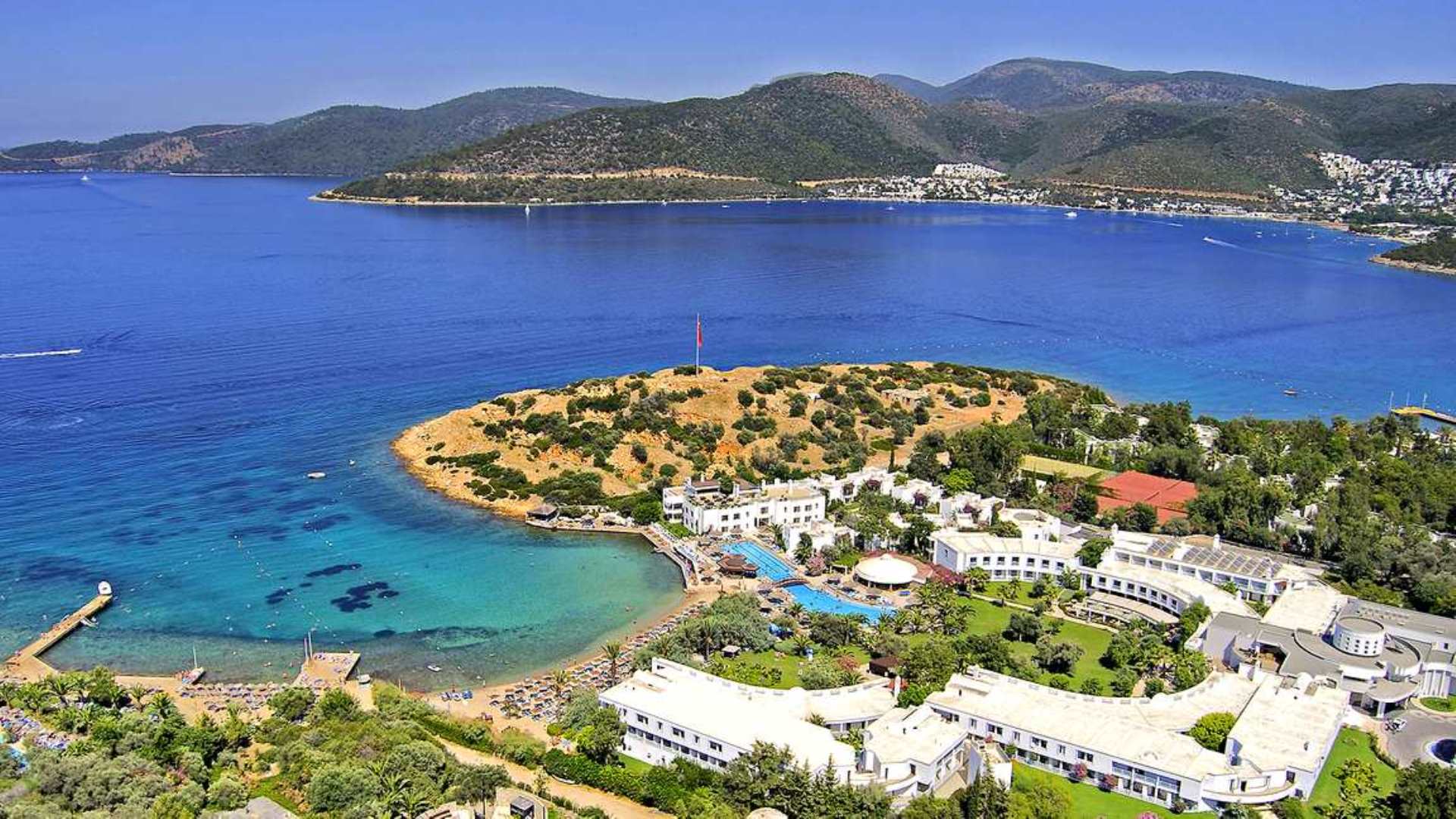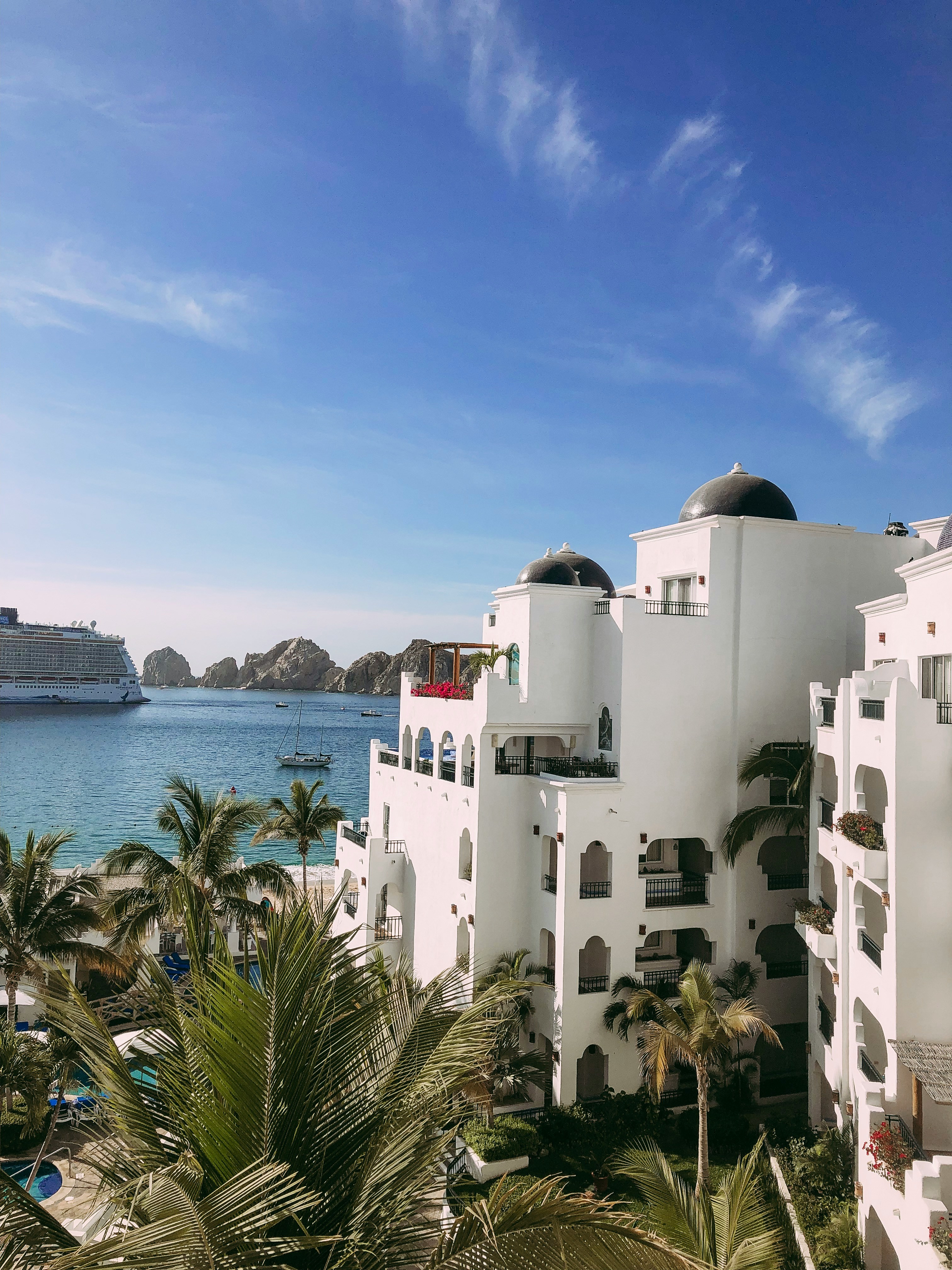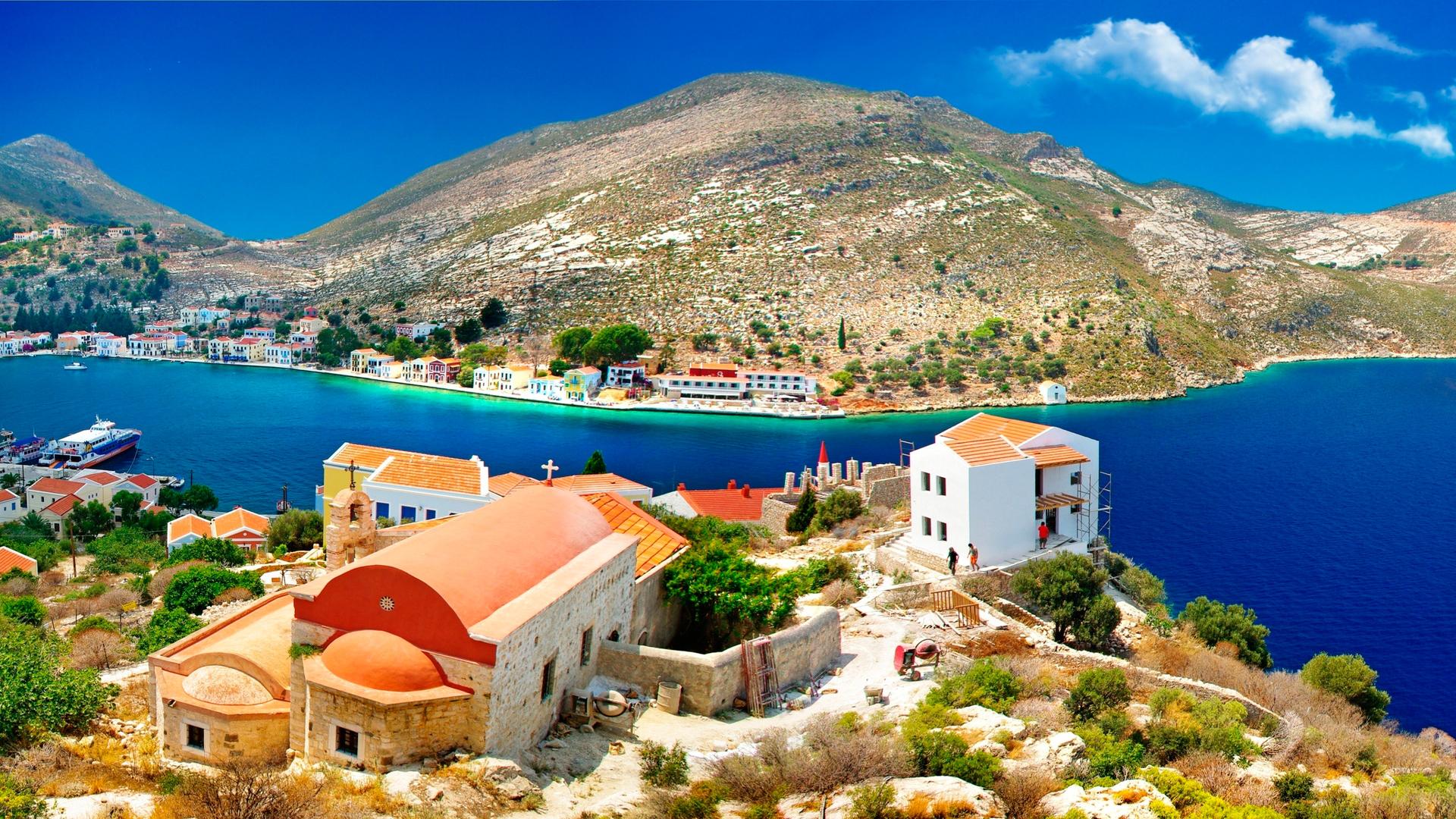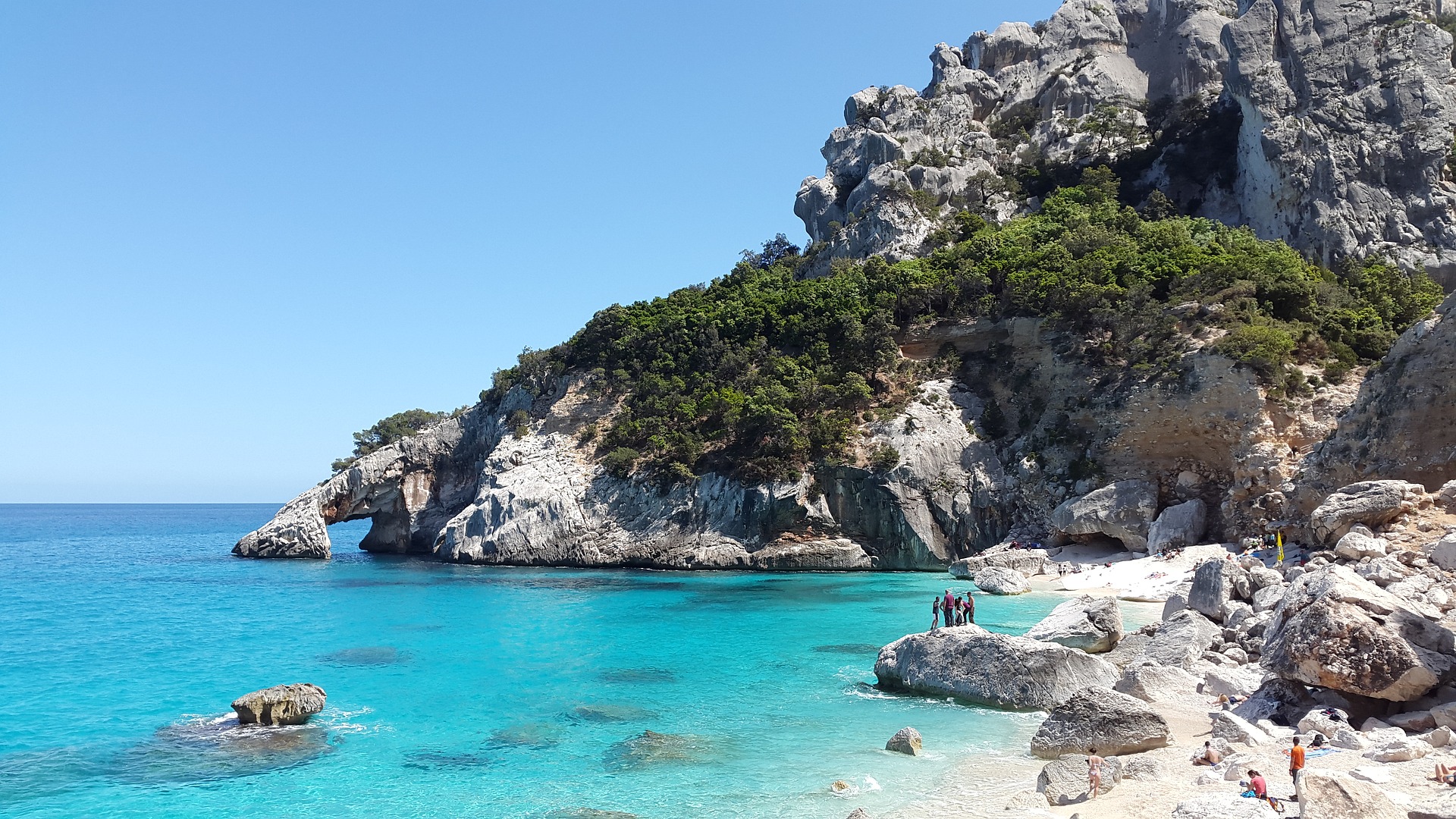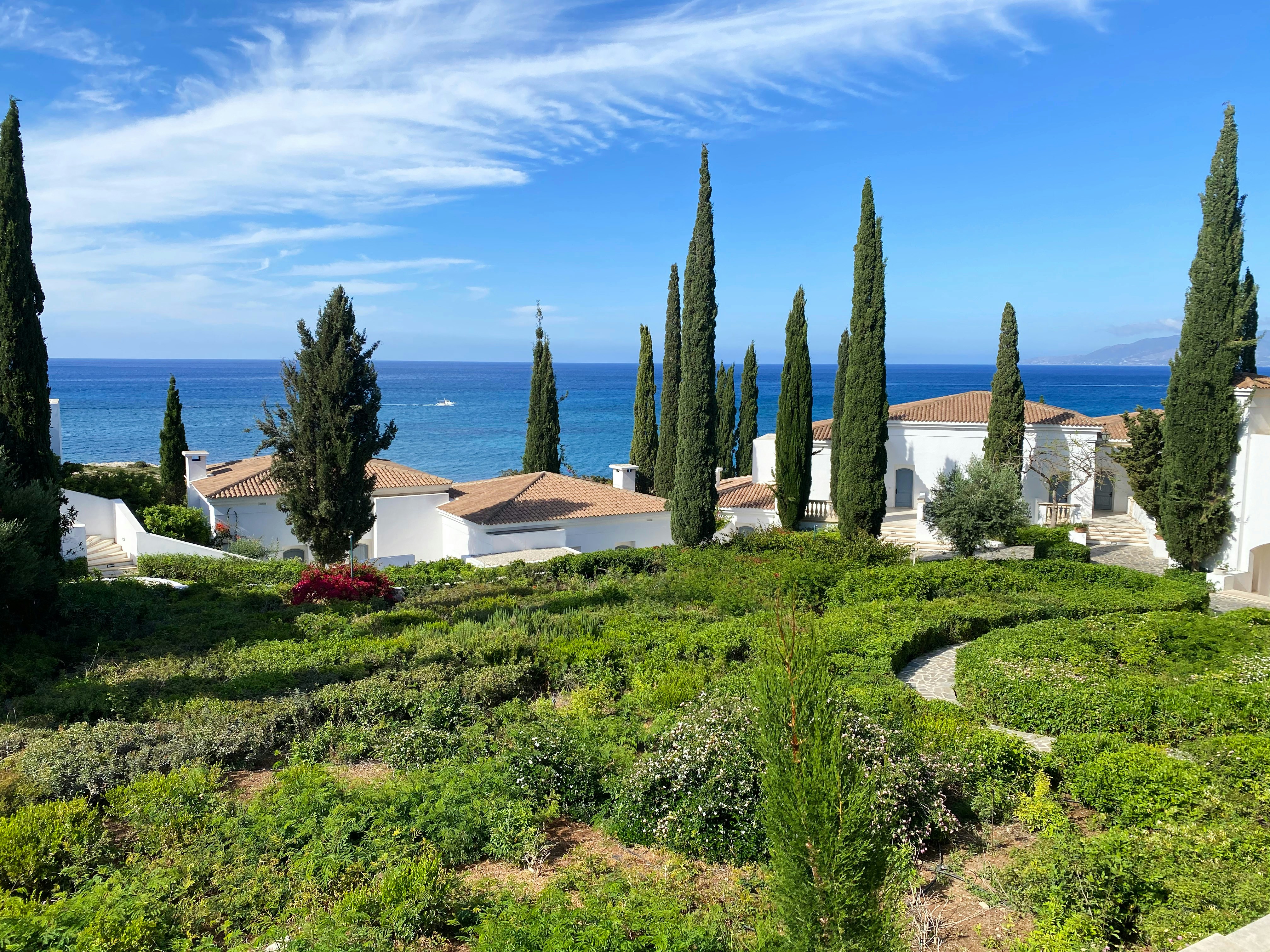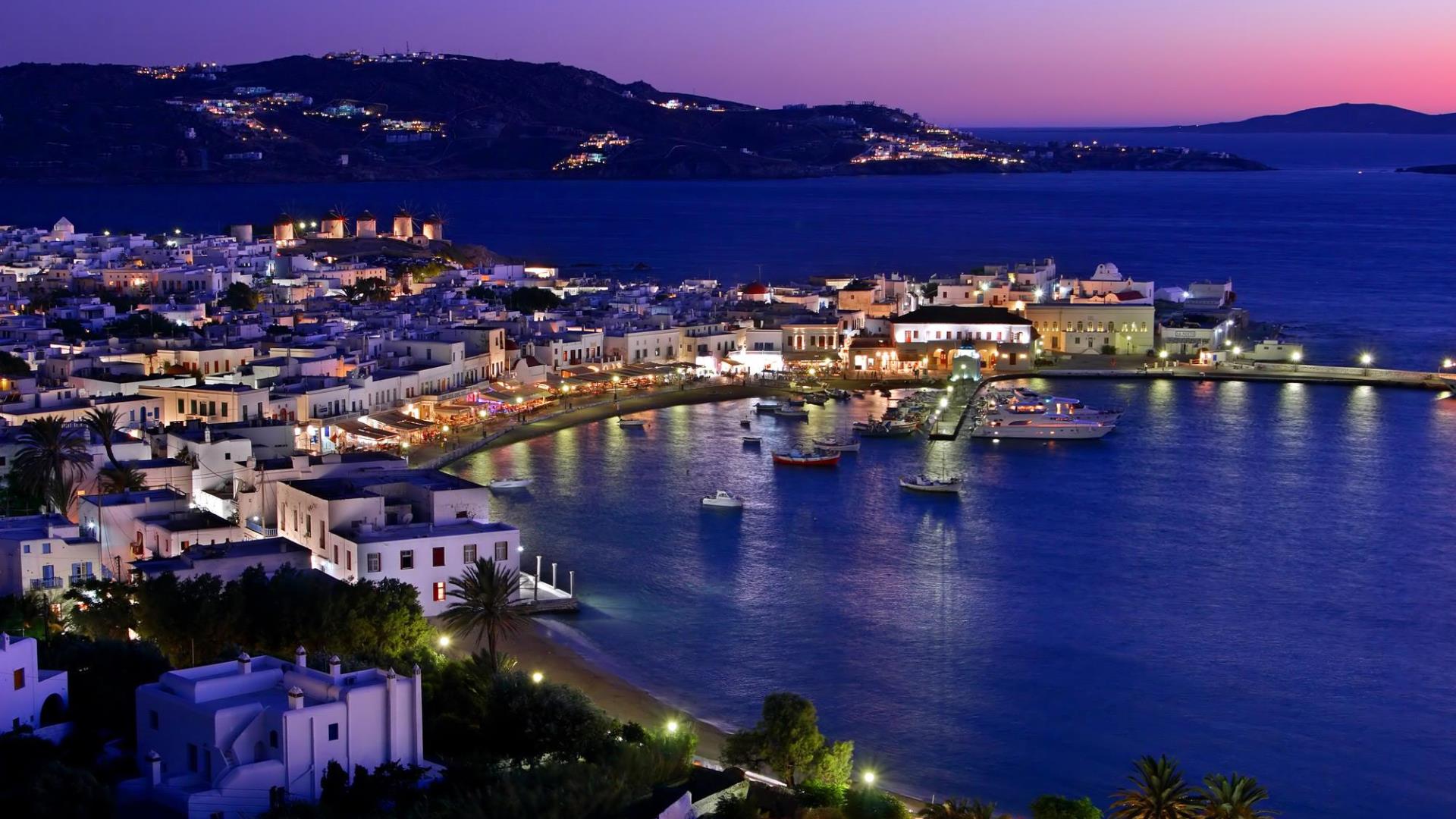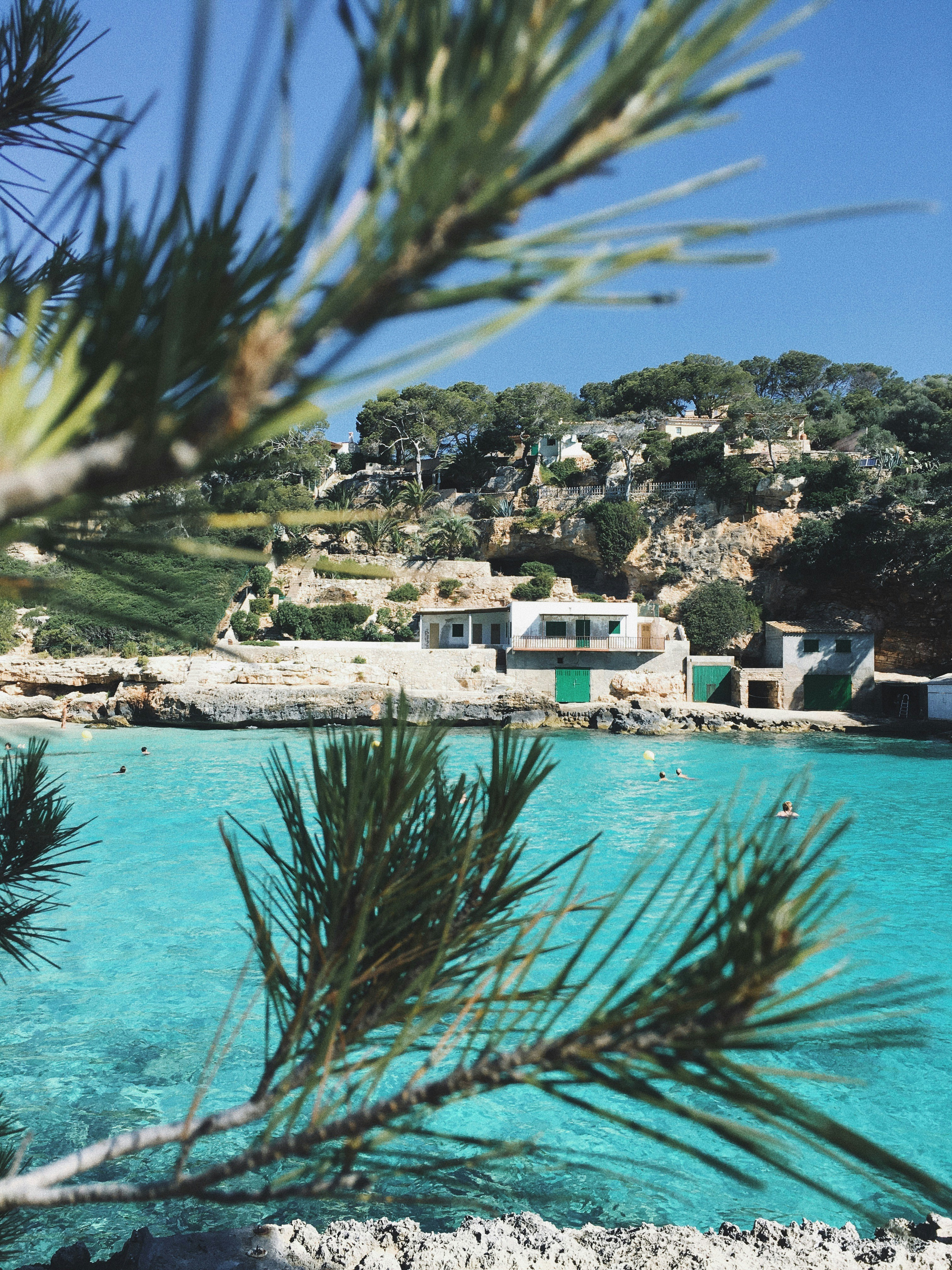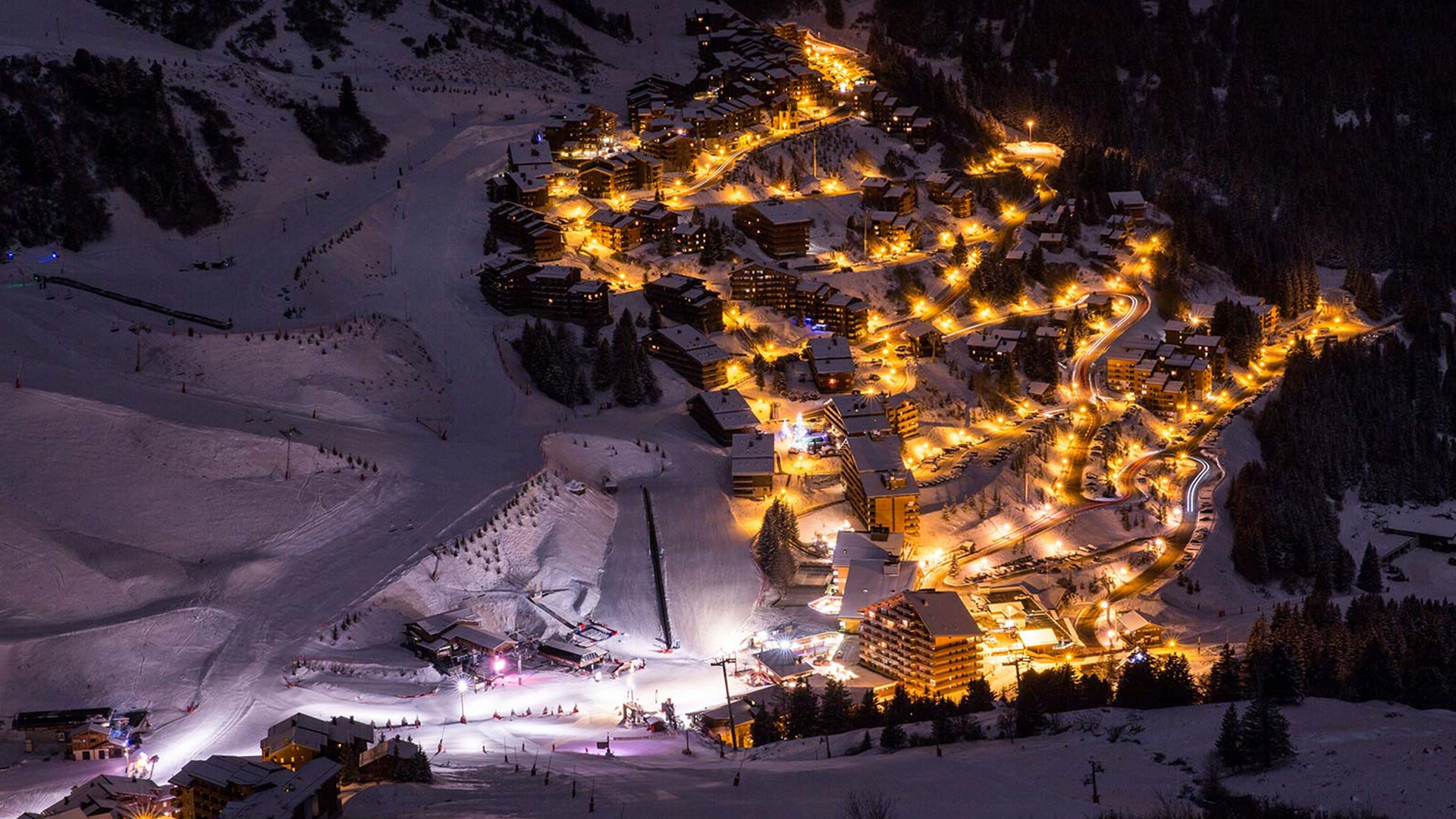Holidays in Kerala / Kovalam
Hotels
Kerala is a real Indian story!
You want to go to the fairy tale? It's Kerala, called it the country of Gods and Indian Venice.
Kerala is the best beaches; the most comfortable hotels; the channels through which to travel Husbotah (budded guests); specialty plantations, coffee, tea; Periar National Reserve; martial arts “Calaripaatto”; The tradition of the famous Indian dance of “Cathakali”; aurved centres... And all this is against the back of the palm, multiple Christians (three people Christians) and red flags with earp and hammer, because Kerala is a communist state. This is the richest, cleanest, most educated (100% of the literacy of the population), the most beneficial region of India. But India Maugli is Kerala too!
You want to go to the fairy tale?
Kerala is known as the " country of the gods " , and it is assumed that it is here in the space snake that Vishna, the guardian of this world. And the " country of beatings, ties and magic " . She gives so much bliss and happiness that there's probably no man on Earth who didn't fall in love with a fabulous country. Therefore, another name of these places, Earth paradise.
The state of Kerala, located on the south-east coast of India, is a land lane between a green mountain of Ghat in the east and the Lasour Sea of Arabia. It's a tropical coast irrigated by monsoon rains and beating channels and lakes, a tourist paradise in southern India. A soft climate, a long coastline with magnificent beaches, calm internal waters, a magnificent green of tea plantations and a luxury fauna, waterfalls, aurved treatment and a rich cultural tradition, amazing holidays and historic and architectural monuments, and an exotic cuisine is all Kerala.
Kerala is one of India ' s most socially developed states with 100 per cent literacy, lowest child mortality and longest life expectancy. In addition, Kerala is considered the most clean state in India. There is a developed tourist industry in the state: several airports (Kohin, Trivandrum, Calikut), delux hotels.
The history of this land goes in a long past when
The seductive scent of spices led to the silver shores of Kerala by sailors from all parts of the world - Finicians and Romans, Chinese, Arabs and Jews replaced by Dutch, Portuguese and English. Also, King Solomon's ships were sailing in Kerala behind bars and woods, and according to Marco Polo's testimony, there were about 200 ships on the anchor every day in the harbor. It was in Kerala that he was going to swim for Christopher Columbus when he went to his western melt. In New Time, Europe found out about Kerala thanks to Vasco da Gama, five hundred years ago, opening this part of India to Portugal.Travellers and resettlers brought their homeland culture, transforming Kerala into a imaginary mosaic: Chinese fishing networks at Fort Cochin, Dutch palace and Jewish synagogue in Mattancherry are just a few of the evidence of the past that has remained until our days.
However, despite various influences, Kerala has maintained its identity for thousands of years, which is most evident during the Shem holiday on the demon king of Mahabali: every year he returns from the underground world to visit his loving subjects. In the main cities of Kerala, there are tourist fairs in Onama, which are an integral part of which are races on long boats in exotic lagoons.
Although most of the Kerala population is Hindu, there is a long tradition of religious and ethnic tolerance. Christianity in Kerala comes to the first century of our era and counts from the arrival of the Apostol Foma in 52 years. The first Muslim mosque in India was built in Kerala in the 8th century N.E. and the Jews, the descendants of the seamen of King Solomon, built synagogues in Kochin in 1567.
The spirits of the people of Kerala find their highest expression in the executive arts: Kathhakali, a very sophisticated, canon dance drama of about one and a half thousand years, Kut and Kudiatham, an even more ancient theatre tradition. Other varieties of Kerala's executive art are Mohinittham, Ottan Tulla, Parayan Tullal and Sitancan Tullal.
For classic and popular arts, the theatre and dance arts are a powerful wall of the military arts of Calaripaatta, one of them.
The oldest and most developed on Earth. Calaripaatta is closely linked to Aurveda, a life science, a combination of natural medical traditions. Every year, thousands of tourists from all over the world come to the Kerala Aurved Centres.Aurveda - traditional medicine in India
Life science, which includes knowledge of the directives that lead to health, is known as the AUERUDA.
The word " aurveda " is derived from the Sanskrit words " life " and " flourish, science " , and is translated as " knowledge of life " .
Aurveda is a whole and complete system of medical knowledge (preventive and curing of diseases, teaching of temperaments and physiology, and healthy lifestyles), which has existed and has been developing in India for several thousand years. Aurveda has influenced the development of many other traditional medicine (especially Tibetan and ancient Greek), and it is also a source of many modern kinds of natural therapy and rehabilitation.
The aurveda appeared before a man in the world, and the artist was Brahma himself (according to Hindu tradition, the founder of peace). Brahma told her to God Dakshapati (Rigvede, a patron of various gifts), to her lie gods to the twins of Ashwinam, and from them, the aurved went to the God of Indra and the wise man of Bharatawaje. This wise man gathered the wise men from all of India in his Himalayan host and detailed them with a " knowledge of human illnesses and ways of treating them, in order to survive a long and untold suffering of life " .
The characteristic of the aurved is that, unlike Western medicine, it treats a person as one whole, unity of body, mind and spirit, and health is thought to be a harmonious relationship between the components of the individual and their own constituent parts. The disbalance of these parts leads to sickness, and the purpose of the treatment is to restore them to balance and to enable a person to live a happy and healthy and socially and spiritually successful life. Aurveda is closely linked to India ' s traditional practices, particularly yoga.
In this medical system, every patient ' s approach is individualized and based on his, patient, the constitution (constitution)Prakrit) and
Medicines or treatment procedures are selected individually, and auredic practices rely exclusively on natural, natural means: ghees (total oil), medicinal plants (more than 3,000!), specialities, minerals, metals, so that these drugs do not have harmful side effects. Methods such as a variety of massage (with oil, planted in powdered medicinal plants) are widely used. It does not ignore Aureveda and spiritual health tools such as religious practices (mantre and religious hymns, worship of divines), meditation.
Aurveda now draws attention to the problem of toxicity, the strengthening of immunity, successful prevention, and the prohibitive cost of diagnosis and treatment.
In some chronic diseases (pursuant permanent migraines and diseases such as psoriasis, insomnia, joints and spindles and leukemia), aurved medicine helps better than normal.
Aurveda ' s most effective performance is largely dependent on forests covering the mountains of Ghata, where very rare and valuable medicines grow. Flora and the fauna of virgin tropical forests are striking by diversity - not all species are described and classified. Tekkadi Reserves, Vinadu, Parambikulam and Tatttekada Avian are calm harbors for ecotourists, tired noise and fussed cities.
Kerala, the Lord of God, is a place where every tourist finds what he's looking for.
The Keral kitchen is as distinct as the other traditions of these places. The long coastline and the abundance of freshwaters, coconut palms everywhere, luxury vegetation, all these distinctive features of Kerala have influenced its cuisine: there are many dishes from freshwater and seawaters, and almost all prescriptions include coconut nuts, coconut milk or coconut oil. Vásco da Gama, Europe,
- black peppers, cardamons, peppers, nails - used very extensively. The holy, natural kitchen, which, in keeping with the auristic principles, enjoys diversity, and the language is tasteful, is what Kerala's kitchen is.The marines enriched Kerala ' s kitchen with a variety of, and very thoughtful, crab, lobster, shrimp and medium, approved by the specials. The Malabar branch of the Keral Kitchen, which has a strong Arab influence, is particularly distinguished. Malabari Biriani - fried with rice spices, meat, chickens, fish or shrimp, chicken or shrimp carry company - insurmountable temptation for gourman.
Lots of Kerala sweets I'm sorry.♪ I'm sorry.♪ Churuts♪ the♪ Muruki And a lot of others are like you're gonna want to buy them so you can drive home and beat those who weren't in Kerala.
You want to go to the fairy tale?

